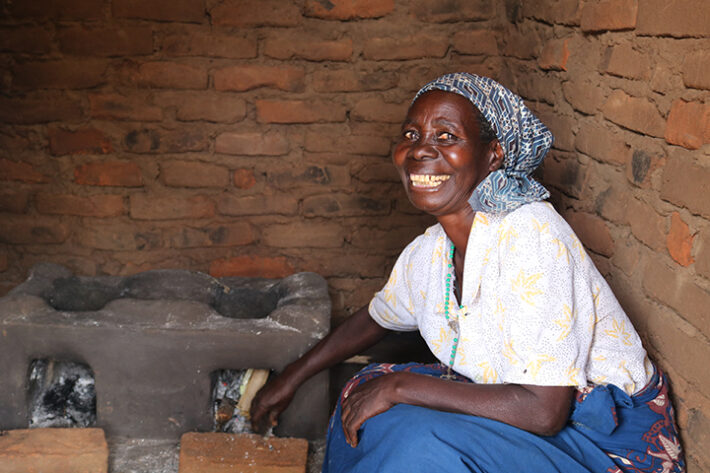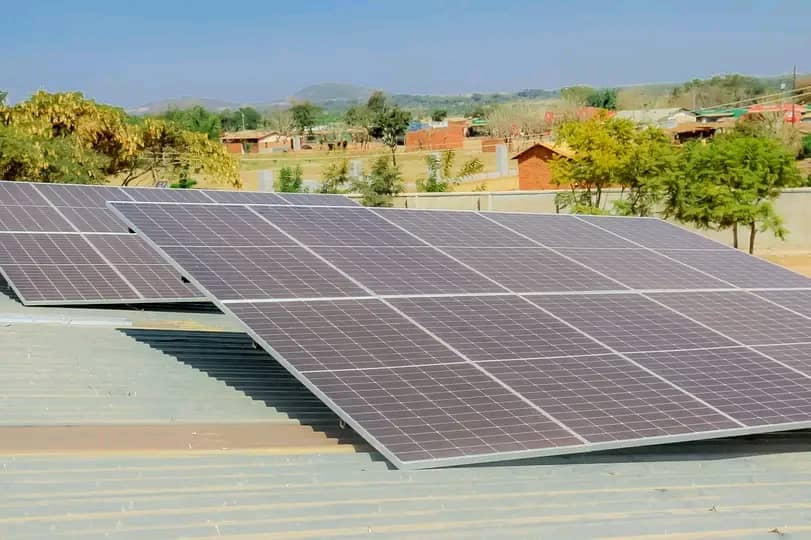A Sustainable Approach to Fighting COVID-19 in Malawi, Africa
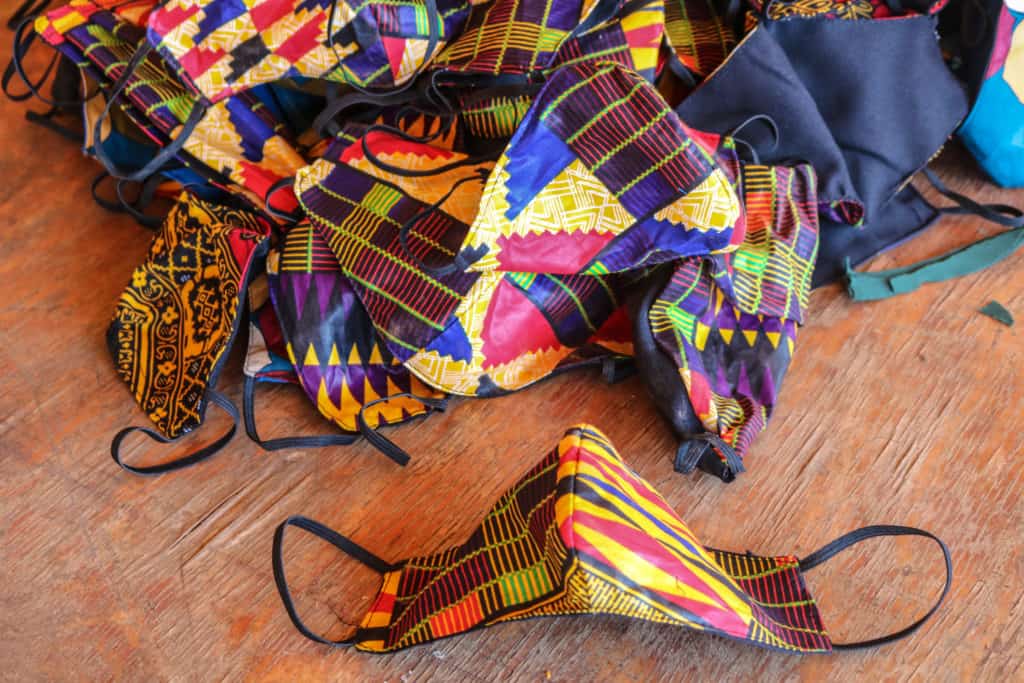
A Sustainable Approach to Fighting COVID-19 in Malawi, Africa
COVID-19 was declared a global pandemic by the WHO on March 11, 2020. At the time of writing, there have been over 20 million confirmed cases of COVID-19 in almost every country or administrative region in the world. For Malawi, one of the poorest countries in Africa and the world, COVID-19 is likely to be disastrous.
As noted by the UN, Malawi’s population is especially vulnerable, with over 1 million adults living with HIV/AIDS. Diseases that weaken the immune system such as malaria, hepatitis A, and typhoid are widespread throughout the country. Basic necessities, like access to healthcare and clean water, are not always available in rural communities. According to USAID, only 6% of Malawi’s population has access to a sanitation facility. What does a country do to stay safe during a pandemic when many of its citizens do not even have access to clean water to wash their hands?
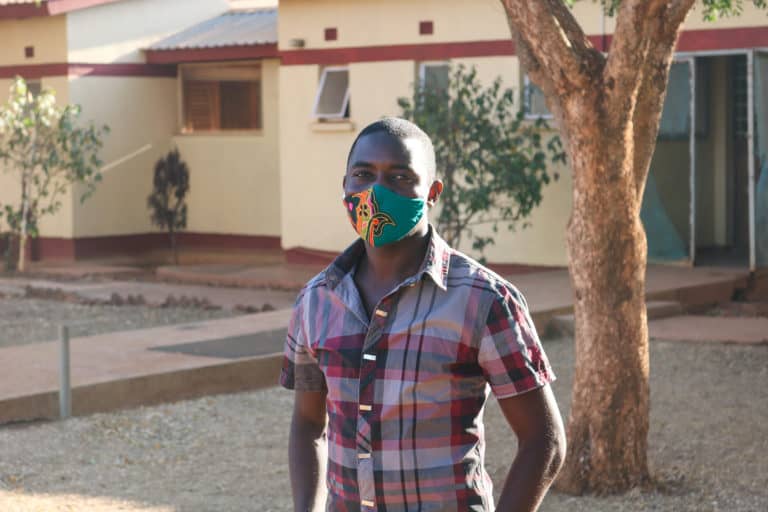
Local Response
Orant Charities Africa (OCA) planned an early response to battling coronavirus in Central Malawi. This plan began in mid-March, a full month before Malawi’s first case was identified. On campus, OCA:- Acquired face shields, masks, surgical gowns, gloves, and cleaning supplies for its medical staff
- Built a pandemic isolation ward
- Participated in staff training through the District Health Office
- Supplied 50 chiefs and leaders with buckets, cleaning chemicals, and sanitation instructions
- Communicated with village chiefs and leaders to spread awareness
- Installed handwashing stations in public centers in the Dowa and Kasungu Districts
The Arrival
On July 23rd, OCA detected its first active case of coronavirus on campus. Currently, Malawi has 4,000 cases, with numbers growing faster than government and health officials can acquire tests. There are still many unknowns: How long will the pandemic last? What resources will be available? How will the country recover? The only thing OCA knows for certain is that it needs to prepare long-term preventative measures to protect its people.
Moving Forward: Assessing Global Responses
Of the various global responses to the virus, the most effective have been:
- Complete lockdowns and enforced social distancing
- Large-scale testing
- Mandated mask wearing
Countries that enforced social distancing and mandated masks early on, like Japan, South Korea, and Czechia quickly flattened the infection curve. Soon, their citizens were able to return to normal life. As many in the US pointed out, not all masks are effective in filtering air and preventing people from contracting coronavirus. But, wearing a mask is not just about protecting one’s self. It’s also about protecting everyone else. As the Czech government says in a popular video “my mask protects you, your mask protects me.”
Germany’s coronavirus response, one of the most highly lauded in Europe, is summed up by the simple four-step plan: Prevent, Detect, Contain, Treat. Because of Malawi’s lack of resources and largely rural population, it cannot depend on its ability to test. Likewise, as the number of cases grows, Malawi’s humble medical resources will not be able to cope. Therefore, prevention and containment must be at the forefront of Malawi’s response.
Containment is well practiced throughout Africa, a continent that is no stranger to deadly epidemics. Malawi has experience referring patients to centralized quarantine facilities run by District Health Offices. This strategy works well with diseases like cholera or Ebola since the symptoms are obvious and deadly. With coronavirus, this strategy isn’t as effective. While COVID-19 infects many, about 80% of the cases are mild and do not require hospitalization. Many unknowingly carry and spread the disease for up to two weeks often with minimal symptoms.
Malawi’s ability to consistently prevent the spread of coronavirus is its only hope for avoiding wide-spread chaos. Since there is currently no end to the coronavirus in sight, a long-term, sustainable strategy must be developed.
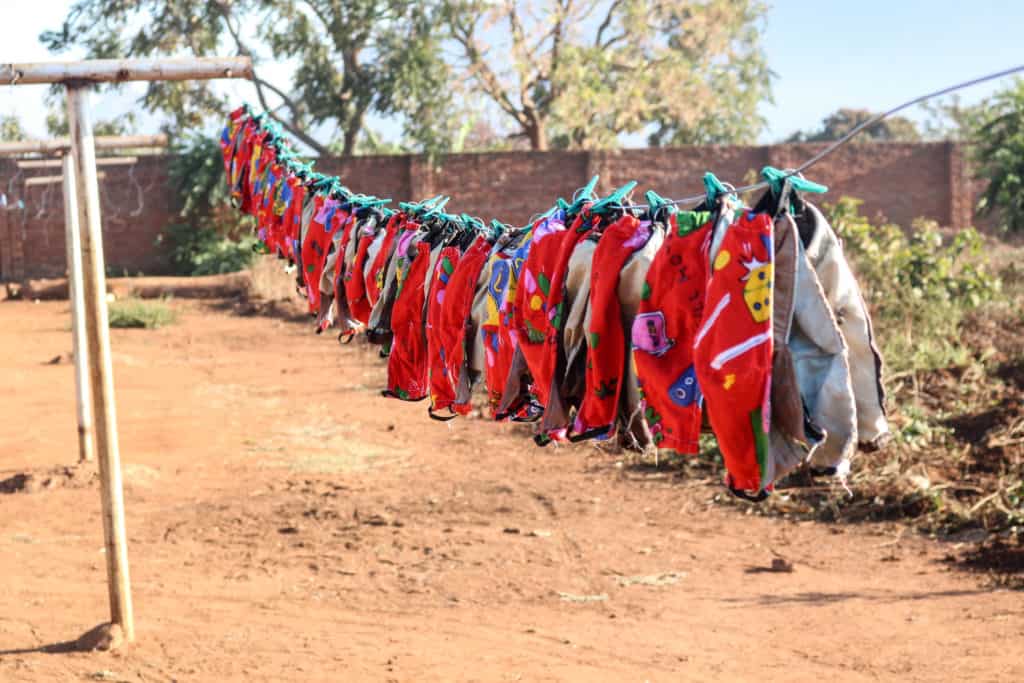
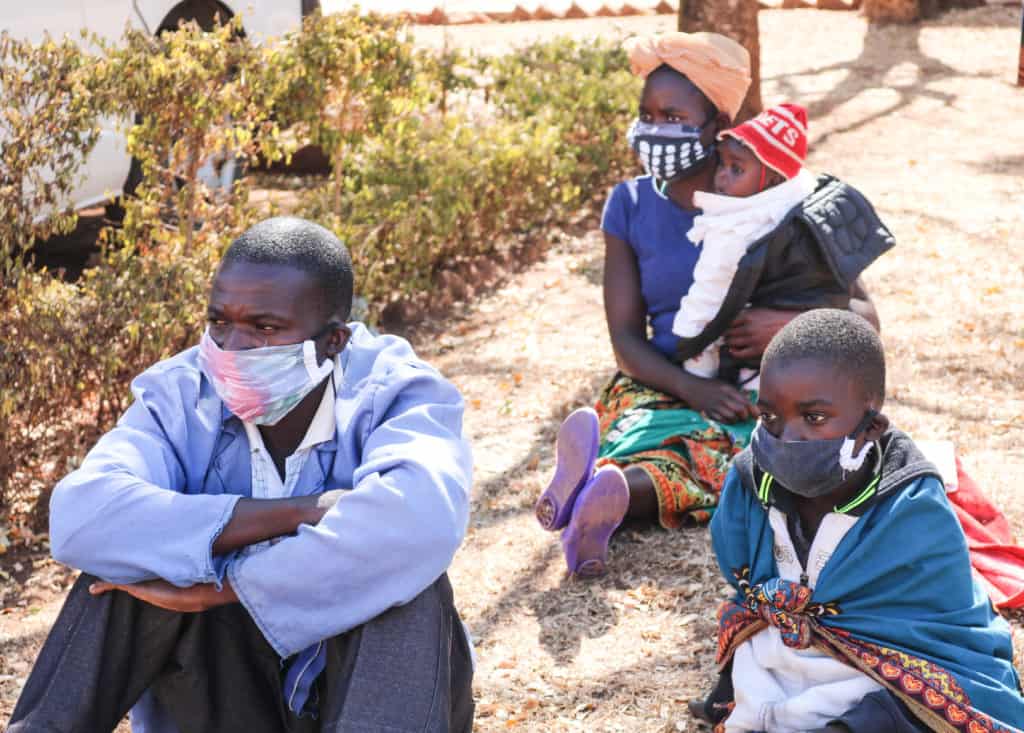
Masks for Malawi: A Local Action Plan
On August 9th, the Malawian Government put in place a new law that prohibits all public gatherings of ten or more people and requires face masks to be worn in all public places. Even before this announcement, OCA was preparing to fight coronavirus with a face mask entrepreneurship program. As proven by other countries, widespread mask wearing is an effective and long-term strategy. OCA’s Masks for Malawi plan has the strategic added benefit of providing local seamstresses with jobs, investing in female entrepreneurship, and fostering sustainable business skills.
Masks for Malawi Goal: Produce 20,000+ masks by the end of September, providing the majority of OCA’s operating area with masks and igniting the industry of mask production and competition in the Dowa and Kasungu Districts of Central Malawi.
Masks for Free or for Profit?
While distributing masks for free is appealing, especially because OCA serves a financially burdened area, it could also be more harmful than helpful. Free masks would raise the barrier to entry for other entrepreneurs to make masks, sell, and survive. OCA is not looking for a way to produce and distribute masks all over the country; its focus is local. By charging an affordable fee of 100-300MWK/ $.14-$.42, OCA will collect an income to reinvest in the program over a long period of time.
Investing in Women
OCA has hired local seamstresses and entrepreneurs from its FEM for Women microfinancing program. OCA will purchase local textiles in bulk, supply textiles to seamstresses for free, and pay seamstresses a regular salary per mask produced. As the demand for masks increases, OCA will hire seamstress apprentices. OCA will offer each apprentice a new sewing machine on loan. With part of their profits, apprentices will be able to incrementally pay back their loans. These opportunities are open to men as well as women, but priority will be given to women, especially those that express need and desire to work.
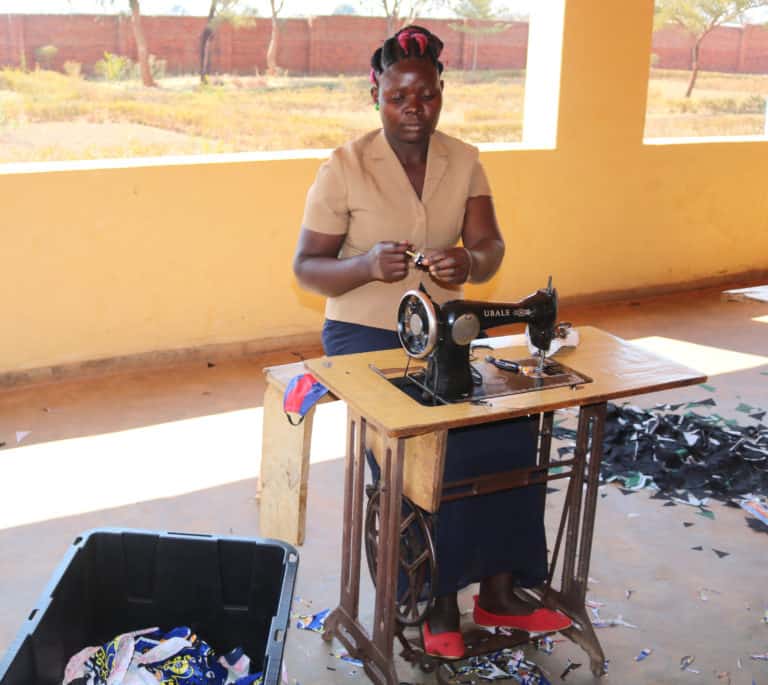
Spreading the Word
OCA will spread knowledge about masks to battle misinformation by:
- communicating with village leaders
- broadcasting messages over a megaphone on a travelling vehicle
- leading by example
Masks are already obligatory on OCA’s campus, and especially in its health clinic. If anyone without a mask arrives seeking medical attention, they will be pointed to a nearby stand where they can purchase one. If they are unable to pay, they will be supplied with a mask for free before they enter Kasese Health Center.
Business Beyond Masks
OCA’s mask-making entrepreneurs will soon be owners of their own sewing machines, and will maintain access to textiles at OCA’s bulk pricing cost. OCA will offer free business consulting advice and assist in creating mobile bank accounts. Seamstresses will have the capital, materials, expertise, and technology required to expand their small business on their own.


